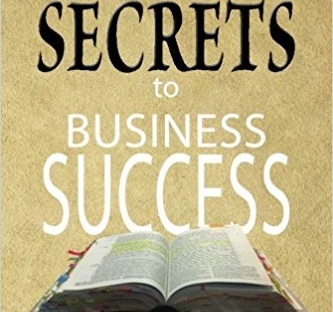from projectfellow.org
by Rabbi Yosef Y. Ettlinger
With apartments in high demand, Ray Field saw the following advertisement in the DC area Classifieds. “Airy, comfortable, spacious apt. contact present tenant Joe Berger … must buy existing used furniture.
September 14th 1969… drafted! Dr. Ray Field, a young cardiologist in NY Beth Israel Medical was summoned to provide ongoing care to US army veterans in the Armed Forces Retirement Home Washington Campus.
Incredibly, Ray and his wife Carol received permission to live off campus, in walking distance from the nearby fledgling Summit Hill Ahavas Torah Synagogue.
Desperate for a place to live, Ray agreed to purchase the existing furniture from Joe Berger for $2,000 (buying power of $12,314.11 in 2011 see CPI Inflation calculator) . Berger then put Ray in contact with the landlord.
Ray forwarded 12 head checks to the landlord and intended to meet Berger as they pulled in to their new home.
Excited, though apprehensive about their new beginnings, Ray and Carol pulled up to their new home in Summit Hill, knocked on the door and were warmly greeted by Berger.
Carol took one look at the furniture and almost fainted! “Joe! This furniture is ten years old! It’s not worth more than $500! We’re taking the apartment and here’s $500 for the furniture.”
“Mrs. Field, Indeed this furniture is ten years old. But, I moved in here a year ago and the previous tenant forced me to purchase this furniture from him for $2000. I’m just passing down the rip off to you…”
What’s the Law?
The Answer
The Fields may take the apartment and do not have to uphold their verbal commitment with the previous tenant regarding the furniture (see detailed explanation).
Detailed Explanation
Joe Berger overcharged the Field’s four times the market value simply because he was ripped off last year.
This episode transpired in 1969. There were no digital imaging, e-mail, etc. There was no way for the Fields to have “seen” the merchandise before their consent. Instead, the Field’s reasonably assumed that while the furniture was advertised as used, the $2000 was a fair market value for the quality they were to receive .
In addition, the difference in price and true value was so immense that it could be viewed as though the Field’s did not receive the type of merchandise they agreed to purchase. As such, the Field’s need not “keep their end of the deal either” [Choshen Mishpat 233: 1]
Joe Berger wished to monopolize on the opportunity. He was not appointed as an agent for his landlord. Instead, the Field’s ultimately dealt directly with their landlord.







